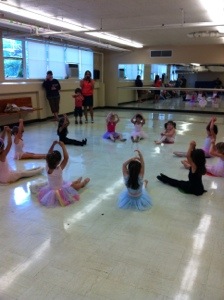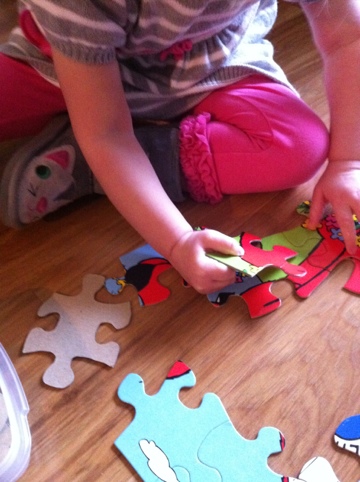5 Tips for Raising a Quirky Child
While we want to celebrate what makes each child unique, there are times when we see our children standing out from the crowd and we worry they are standing alone. Our hearts ache when we see our children left out of play, gossiped about, or ostracized from the group because of the little quirks that make their personality their own.
As a parent, there is a fine balance between allowing our little quirky child to brave his own path, and helping him learn and understand the way people interact, why they act a certain way, and how we may better “fit in” at certain times. This is learning that is ongoing, as our quirky kids will experience new situations throughout their lifetimes. But as parents, we can often be by their side, helping them navigate the nuances of the social world.
 1. Practice entering into a conversation or play scenario. Initiating a conversation with another child gets trickier the older your child gets. It’s often hard for a child to come up with a way to enter play. At your child’s level, role play some ways to join a conversation. Hi there… I love Legos, especially Star Wars ones! Can I play, too? Practice together, then let your child practice with another parent or sibling.
1. Practice entering into a conversation or play scenario. Initiating a conversation with another child gets trickier the older your child gets. It’s often hard for a child to come up with a way to enter play. At your child’s level, role play some ways to join a conversation. Hi there… I love Legos, especially Star Wars ones! Can I play, too? Practice together, then let your child practice with another parent or sibling.
2. Be straightforward and matter-of-fact about social rules. After you witness an awkward encounter, talk with your child about appropriate ways of interacting. It’s great to say hello and smile when we see our friends, Aidan. We don’t want to hug or kiss them, though, because we need to respect their space. We save our kisses for Mom and Dad.
3. When you know a tricky situation is coming up, prep your child ahead of time. Give them some strategies on how to interact. It’ll be fun to see your friends on the soccer field, Sarah. Let’s smile and say “hi” when we get there.
4. Problem-solve with your child. From problem behaviors to extreme anxiety, the best solutions usually come from letting your child have their own voice. If they are part of the brainstorming, they will be that much more vested in a solution.
5. Give them a chance to express shyness or anxiety in a loving environment. Everyone gets stressed or anxious by tricky situations. Let them know that you are there for them and will try to help them if they have a question.
Your child’s quirks may one day reveal themselves to be his strengths and individual glory. Celebrate him, support him, and love him for his gift to the world.

